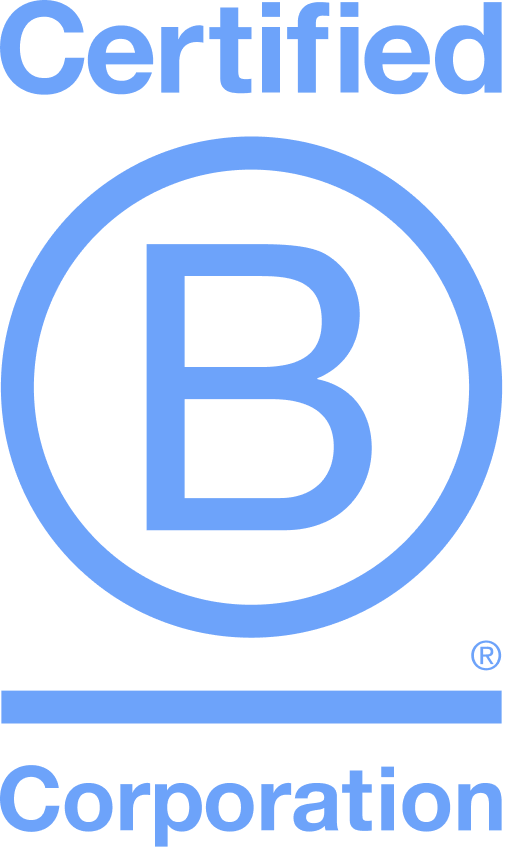Small businesses rely on a slew of different tools to run every part of their operations. Financial tools in particular, can support business owners with a much needed helping hand in order to save time and money. These systems can help to streamline payments, inventory management, and tracking and handling digital transactions
There are so many different options out there for small businesses that identifying which tools you need can be somewhat overwhelming. There’s QuickBooks for tracking finances and generating reports, payroll services such as Gusto for managing employee payments and taxes, and budgeting tools like RocketMoney to monitor spending. And let’s not forget, invoicing software like Finli, which helps streamline billing processes, while also facilitating online transactions.
These tools collectively enhance financial accuracy, improve cash flow management, and ensure compliance with regulatory requirements, aiding in the sustainable growth of your small business.
Today’s article expands on the various financial management tools that can help your SMB get to the next level:
What Exactly Are Financial Tools?
Financial tools can include software, applications, or resources designed to manage, process, and analyze financial information.
These tools help individuals, businesses, and organizations with various tasks like budgeting, accounting, investment management, tax planning, and financial reporting.
They can range from simple budgeting apps that help track personal expenses to complex expense management software, and enterprise resource planning systems that integrate all financial transactions within a company.
The main goal of these tools is to increase efficiency, ensure accuracy, provide insights into financial health, and support better financial decision-making with your business processes.
When Do You Need Finance Management Tools?
Money management tools become essential in several scenarios, particularly as financial tasks grow in complexity and volume.
Here are some key situations when you might need these tools:
Starting a Business
From the outset, financial planning tools are helpful for budget planning, expense tracking, and ensuring you have the resources to invest and grow. If you learn to leverage management systems from the first day, your SMB will grow at a faster rate.
Growing Business Complexity
As a business grows, so does the complexity of its financial operations. Accounting and finance management tools help you manage multiple income streams, expenses, payroll, and taxes efficiently.
Time Management Issues
When managing finances starts taking up too much time, cloud-based tools can automate routine tasks like invoicing, payroll, and reconciliations, freeing up time for strategic activities.
Regulatory Compliance
Businesses need to comply with various financial regulations. Finance tools can help ensure accuracy in financial reports and tax filings, reducing the risk of penalties.
Financial Analysis and Reporting
Tools that offer analytical capabilities enable you to track performance metrics, analyze trends, and make data-driven decisions to drive growth. This in time helps improve your business.
Personal Financial Growth
Running a business is not the only time you will need specialized software, individuals also benefit from finance tools to manage budgets, savings, investments, and planning for future financial goals like retirement or education.
The Main Types of Financial Tools for Small Businesses
Accounting Software
Tools like QuickBooks, Xero, and Sage help manage all financial transactions, from invoicing to expense tracking, payroll, and financial reporting. They automate bookkeeping tasks and generate financial statements.
Finli seamlessly integrates with QuickBooks, to make it easier for professional service providers to manage their financial side of the business.
Payroll Systems
Systems like ADP and Gusto streamline the payroll process, calculating paychecks, withholding taxes, and ensuring compliance with employment laws. They also handle benefits and HR tasks.
Such financial tools help you steer away from paper to online payment systems.
Budgeting Tools
Applications such as RocketMoney or NerdWallet help businesses forecast revenues, plan budgets, and monitor actual expenditures against projected figures to keep finances on track.
Invoicing / Billing Software
Tools like Finli facilitate the creation and management of invoices, helping businesses manage cash flow by ensuring timely payments from customers.
Finli integrates with your accounting software and provides and extensive list of features you’ll love:
- Mobile Application
- Pricing
- Instant Invoicing
- Quote Management
- Pay By Link
- Digital Payment System
- Autopay
- Customer Management
- Inventory Management
Tax Preparation Software
TurboTax or H&R Block helps small businesses prepare and file their taxes accurately, ensuring they take advantage of all applicable tax deductions and credits.
Financial Planning and Analysis (FP&A) Software
More advanced tools like Planful or Centage provide in-depth financial analytics, forecasting, and scenario planning to support strategic financial decisions.
Payment Processing Tools
Once again we’ll recommend Finli as the right solution for processing customer payments. Easy to use, packed with features and with a single tier fee of $39/month, Finli is not only enough to run your financial accounts, but also extremely affordable.
Inventory Tracking
While many of our SMB clients provide services, some have asked to also receive payments for products or subscription plans. This is why we have added an inventory management option, which now allows you to keep stock of what your business offers.
FAQ on Small Business Financial Tools
What is the importance of financial tools for any business?
Financial tools are crucial for businesses as they automate and streamline financial tasks like accounting, payroll, and invoicing, ensuring accuracy and compliance with regulations.
They provide critical insights into financial health, aiding in budget management, cash flow monitoring, and strategic decision-making.
By reducing manual errors and saving time, these tools help businesses optimize operations, plan future growth, and maintain financial stability, ultimately contributing to long-term success.
What to Look for When Choosing Financial Management Software?
When selecting financial management software, prioritize a solution that offers comprehensive features like accounting, payroll, and invoicing while ensuring it is user-friendly and scalable to grow with your business.
It should integrate smoothly with other systems you use, offer robust security to protect financial data, and fit within your budget.
Also, consider the software’s reputation by reviewing user feedback to ensure reliability and effectiveness.
Ready to streamline payments? Join Finli today.




